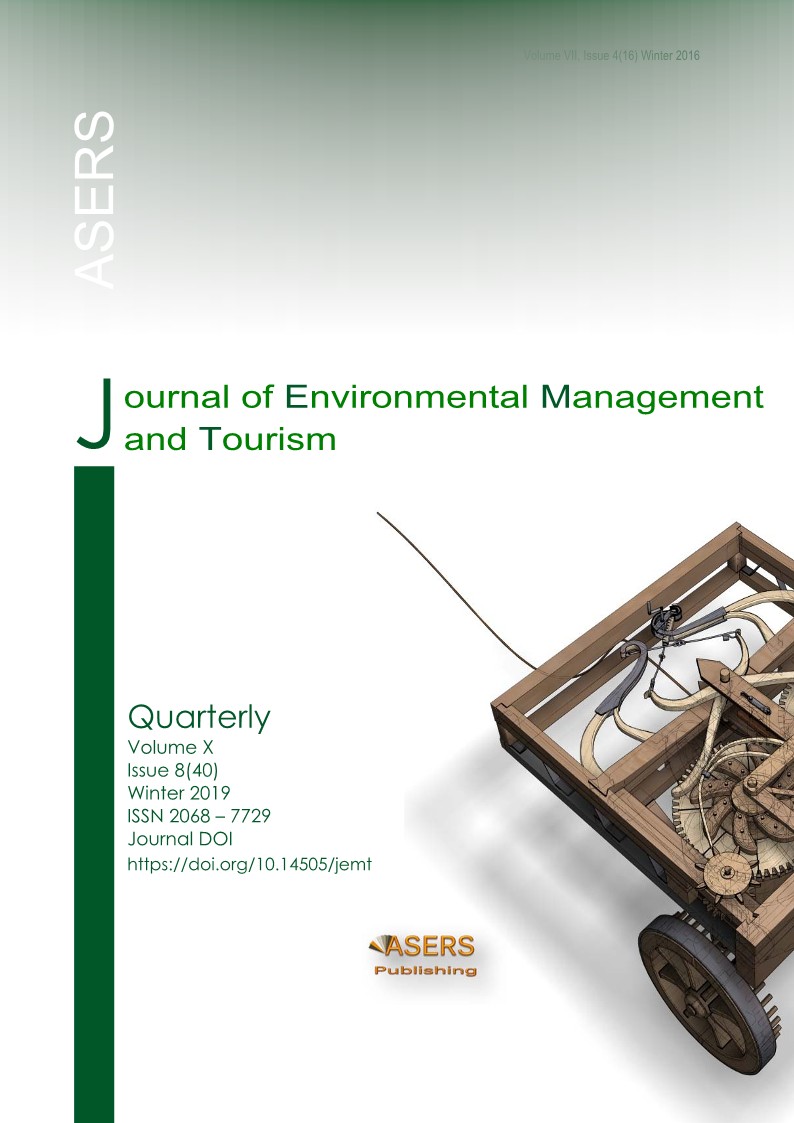The Role of Ecotourism in the Prespa National Park in Greece. Evidence from a Travel Cost Method and Hoteliers’ Perceptions
The Role of Ecotourism in the Prespa National Park in Greece. Evidence from a Travel Cost Method and Hoteliers’ Perceptions
Author(s): Dionysis LATINOPOULOSSubject(s): Economy, Business Economy / Management, Tourism
Published by: ASERS Publishing
Keywords: Travel Cost Method; hoteliers’ attitudes; Protected areas; Environmental valuation; Recreational values; Sustainable tourism planning;
Summary/Abstract: The Prespa National Park, is situated in a cross-border region in Greece, constitutes a protected ecosystem that provides very significant ecosystem services. In this region, ecotourism may constitute a powerful driving force for both environmental protection and local economic development. Therefore, future planning and management of this area should take under consideration its potential (eco)tourism benefits. However, as most of the recreation and leisure benefits cannot be directly captured by market valuation models, non-market valuation techniques should be applied to identify them. One of the most frequently used non-market valuation techniques to assess outdoor recreational services of specific sites (e.g. forests, protected areas, cultural heritage sites etc.) is the travel cost method (TCM). This methodology aims to relate the observed behavior of visitors to the total cost of their visit. In this paper, a hybrid travel cost model is developed and then applied to determine the individual recreational values and then to measure the total benefits of ecotourism in Prespa region. Then, in order to get a more comprehensive picture about the current and future role of ecotourism in this area, two surveys were implemented on local hotel owners by using both structured and semi-structured approaches.
Journal: Journal of Environmental Management and Tourism (JEMT)
- Issue Year: X/2019
- Issue No: 08 (40)
- Page Range: 1731-1741
- Page Count: 11
- Language: English
- Content File-PDF

